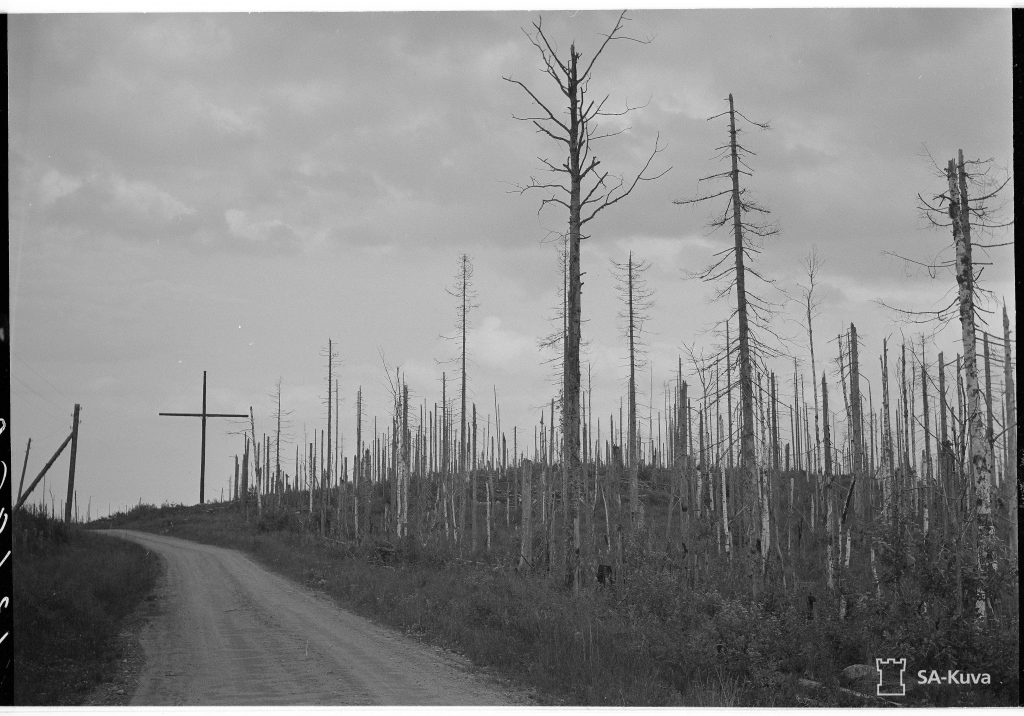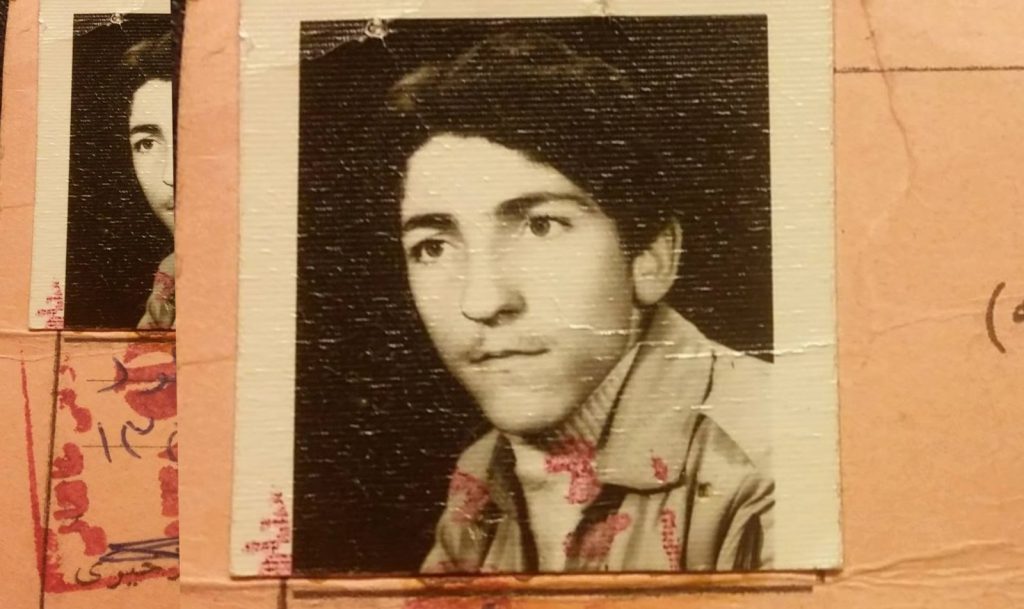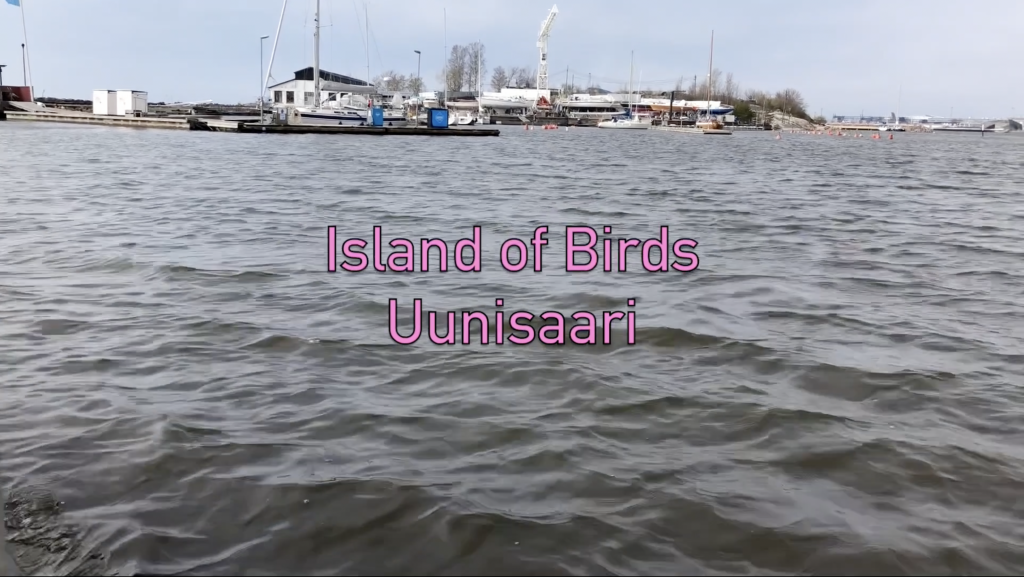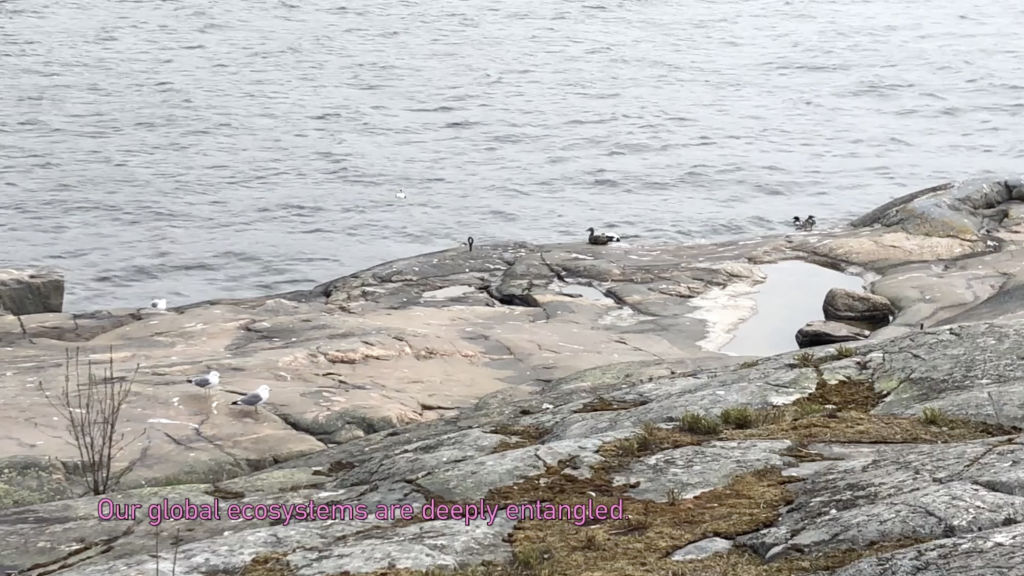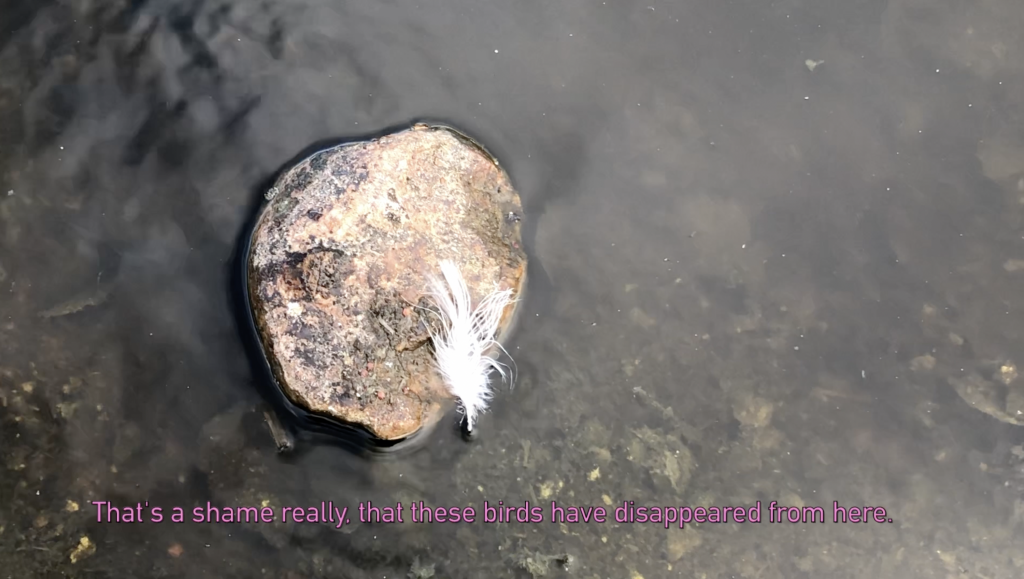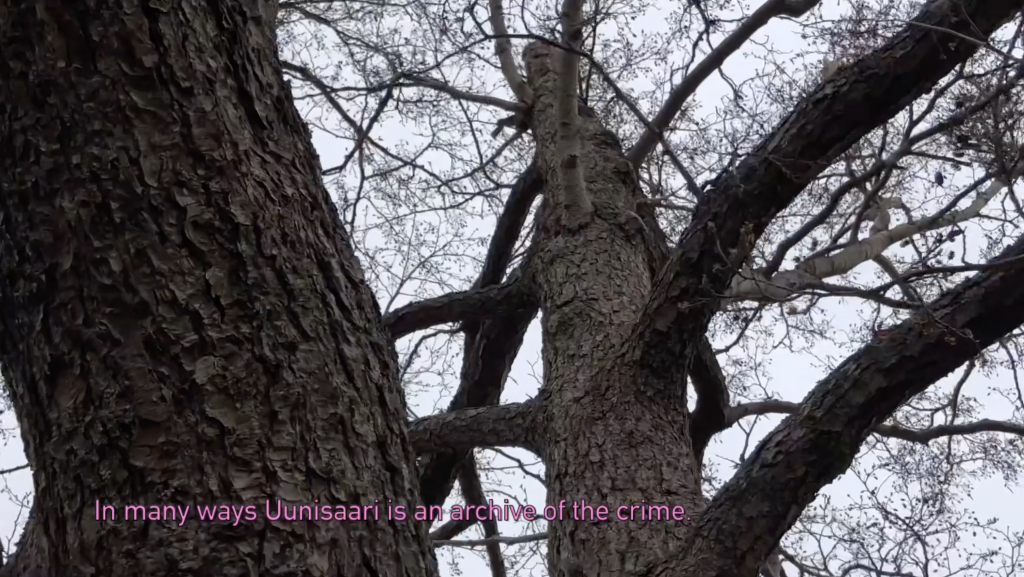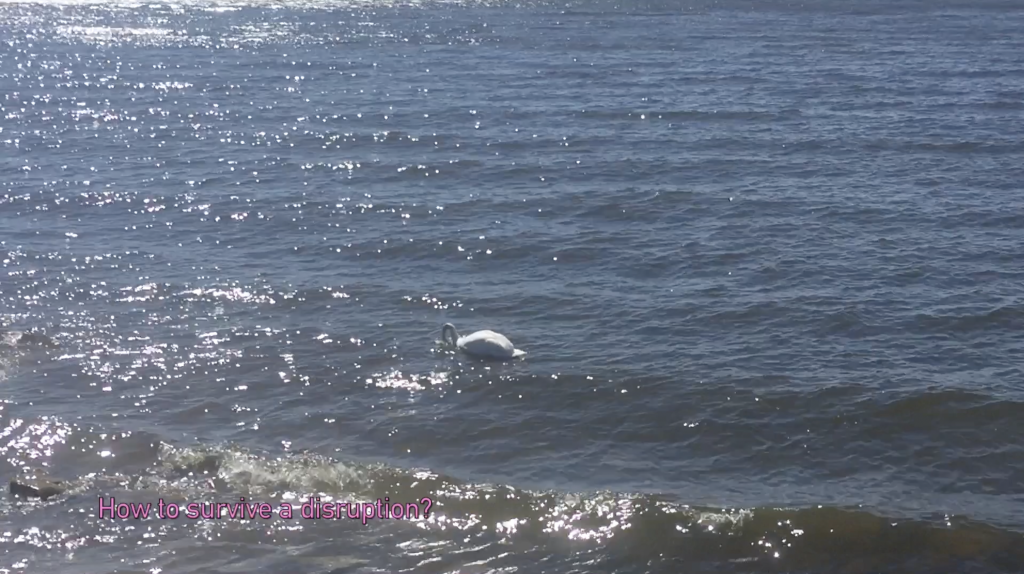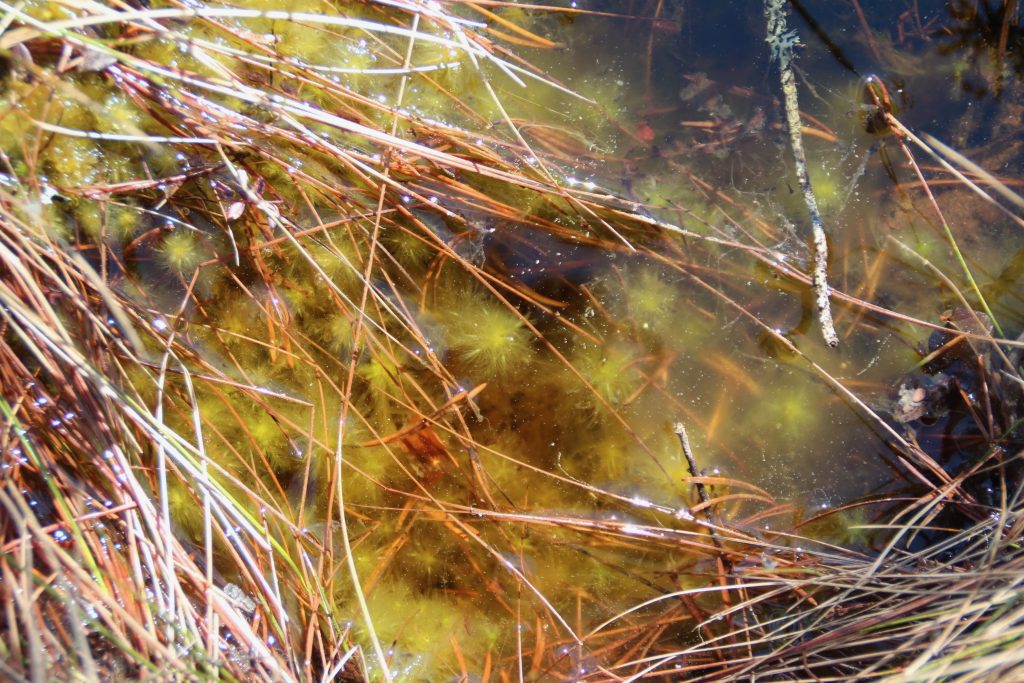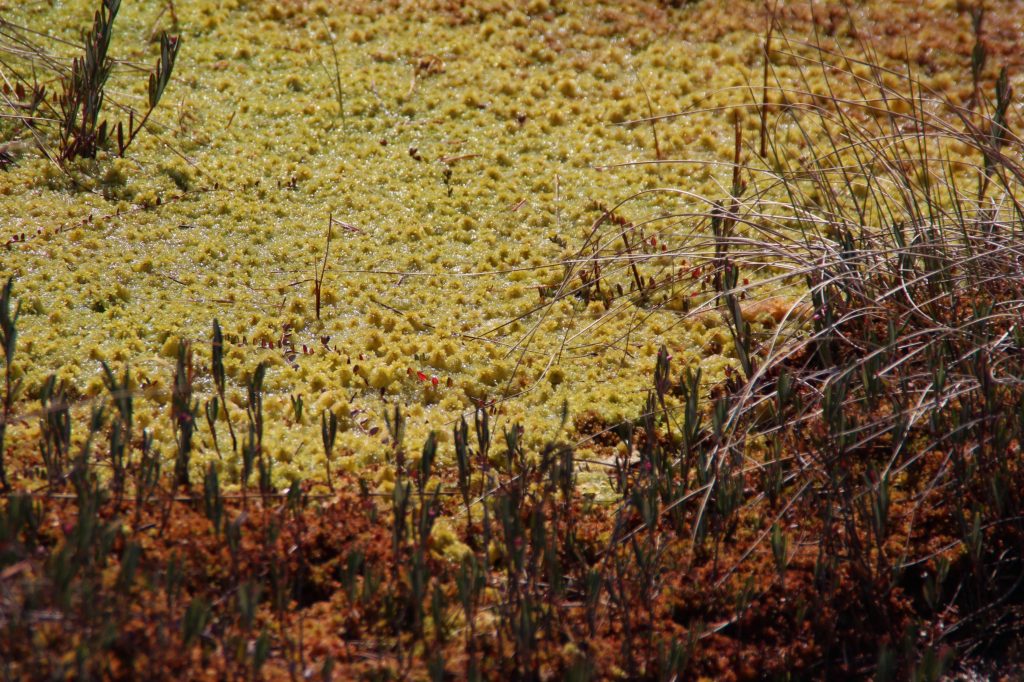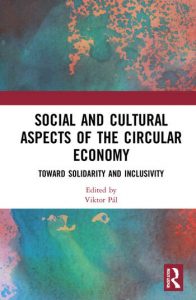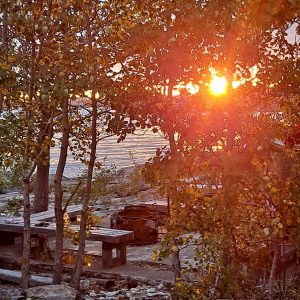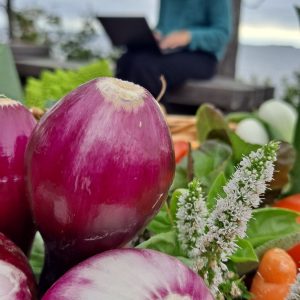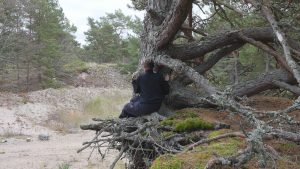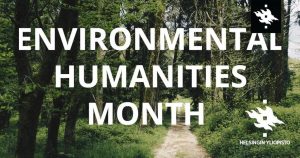
The Helsinki Environmental Humanities Hub and associated global partners are now inviting proposals for online and hybrid events, interventions, projects, actions to be included in the globally focused Environmental Humanities Month in November 2022.
The main goal of the Environmental Humanities Month is to raise awareness about the humanities and social sciences aspects of circularity and humanity’s shift to sustainability by targeting a global audience via scientific and artistic interdisciplinary cross-pollination, and by using local knowledge as well as languages beyond English to amplify vulnerable and marginalized voices of environmental humanities across the globe.
Thus for the 2022 Environmental Humanities Month organizers invite submissions to be submitted by 21 August, 2022.
What are we looking for?
The first Environmental Humanities Month was organized in November 2021 and it included some live events and mostly hybrid and online events. Nearly 30 contributors created over 10 different projects and engaged over 500 participants from four continents.
Building on the success of the first environmental humanities month, organizers are now soliciting a wide range of humanities and social sciences perspectives on circularity and sustainability to be presented and debated jointly with actors from the arts, civil society, and sciences arenas. Perspectives will be included from a very wide range of humanities perspectives as diverse as critical plant studies, discard studies, and energy humanities, via anthropology, gender studies, history, indigenous studies, literature, philosophy, posthumanities studies and the arts widely interpreted. Organizers encourage contributors to create new collaborations with the actors outside their respective disciplines in order to allow activists’, artists’, and scientists’ perspectives to converse and blend.
By doing so, the second Environmental Humanities Month aims at planning, organizing and implementing a celebration of diverse environmental humanities that will pay particular attention to confront systems of privileges and oppression and work toward a more inclusive and solidar as well as sustainable future.
Thus, organizers welcome a wide range of scientific, artistic, and blended; live, hybrid and online events, interventions, projects, actions, exhibitions, walks, tours, lectures, MOOC, media premieres during the envhum month of November 2022.
For more information on the envhum aspects of inclusivity and solidarity kindly refer to the recent publication: https://blogs.helsinki.fi/environment/2022/06/19/toward-solidarity-and-inclusivity/
What do we offer?
Organizers of the Environmental Humanities Month offer to work with you to develop your contribution for the Environmental Humanities Month as well as will disseminate information about the projects via social media e.g. @helsinkienvhum twitter, @HelsinkiEnvhum Facebook, and through a wide network of partner information channels globally. Unfortunately, the Environmental Humanities Month 2022 project is all done by voluntary work. Thus, we are unable to offer honoraria and costs reimbursement for contributors this year, but we hope this will change in the future.
How can you apply?
Please send your page long contribution synopsis (or relevant weblink plus brief description) and your short CV to organizers at viktor.pal@helsinki.fi by Monday, 21 August 2022.
Contributors will be informed by the end of August about further steps.
